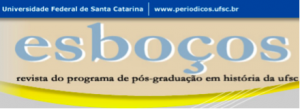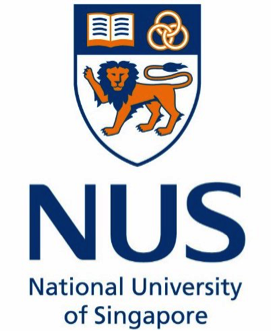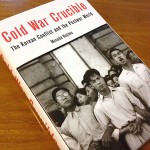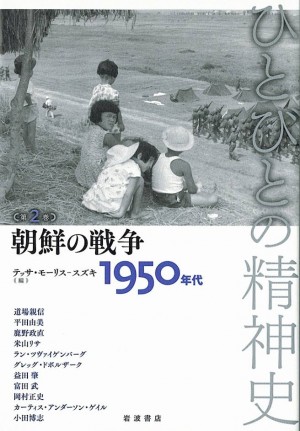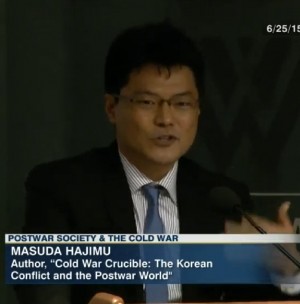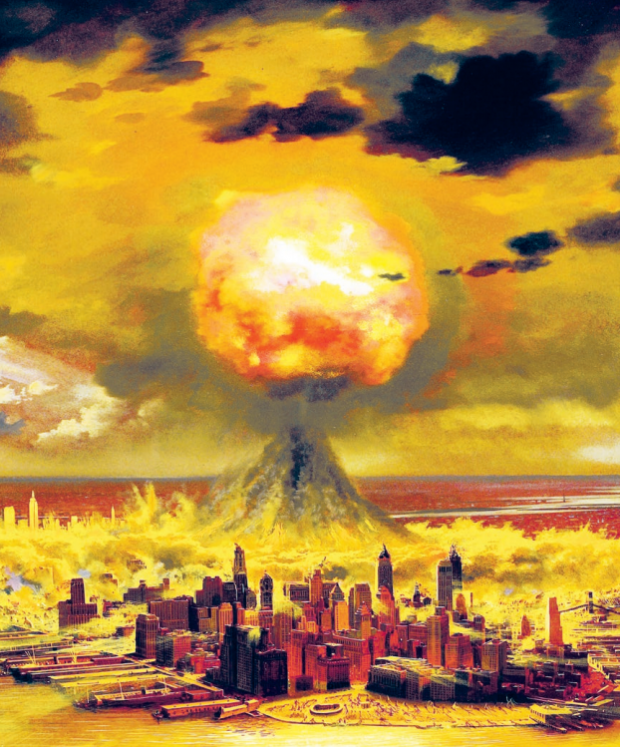A little more than a quarter of century has passed since the Cold War ended. As the frenzy associated with it now appears odd, if not surreal, the nature of inquiry cannot be the same. It’s time to change our ways of thinking about the Cold War. To this end, we are co-editing a special issue of The Esboços, one of the leading historical magazines in Brazil on “Many Cold Wars: Re- conceptualizing the Post-WWII World.
Assistant Professor Masuda Hajimu (Department of History) was recently granted the FASS Award for Promising Researcher (APR). This award is presented to researchers who have produced research that shows potential impact and promise.
Masuda Hajimu’s research focuses on the modern history of Japan and East Asia, the history of U.S. foreign relations, and the social and global history of the Cold War. A former journalist for Mainichi Shinbun and the author of articles in Foreign Policy, Diplomatic History, Journal of Contemporary History, and the Journal of Cold War Studies, he has analyzed the evolving power of the people in the modern world, regardless of any political spectrum, with particular attention to intersections between war and society and politics and culture in the mid-20th century. His first book, Cold War Crucible: The Korean Conflict and the Postwar World, published by Harvard University Press in …
“What Was the Cold War? Imagined Reality, Ordinary People’s War, and Social Mechanism”: This article draws on and extends parts of Chapter 8 and 9 concerning Japan’s Red Purge and China’s Suppression of counterrevolutionaries.
“What was the Cold War? Masuda Hajimu argues that it was more than an international confrontation between West and East blocs. It was also a social mechanism of purity and ordering at home, in the chaotic post-WWII world.”
Cold War Crucible: The Korean Conflict and the Postwar World (Harvard University Press, 2015); “The Social Experience of War and Occupation” in The Cambridge History of Japan, Vol. III (2022).
Masuda Hajimu talked about the political climate surrounding the Cold War […], and argued that the Cold War transformed from an emergent global war to social warfare and ultimately a citizens’ war.
In Cold War Crucible: The Korean Conflict and the Postwar World, new this month, Masuda Hajimu reveals social and political forces normally seen as products of the Cold War actually to have been instrumental in fostering the conditions from which the conflict sprung. Below, he examines how the dynamics he identifies as having contributed to the pervasive global logic of the Cold War can be seen anew in our own time, when the “War on Terror” becomes ever more entrenched as the rubric with which we explain the world.
It is time to change our ways of thinking about the Cold War.

